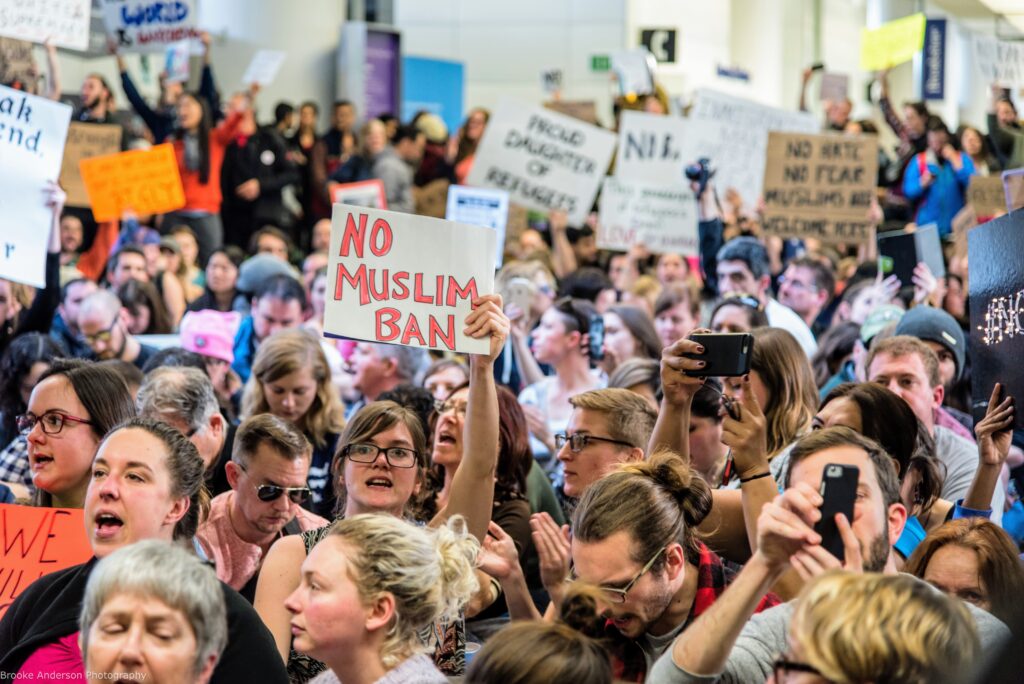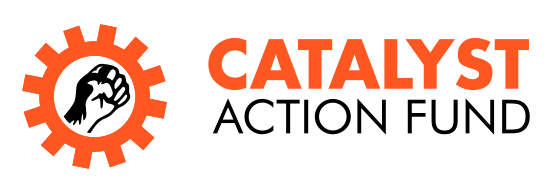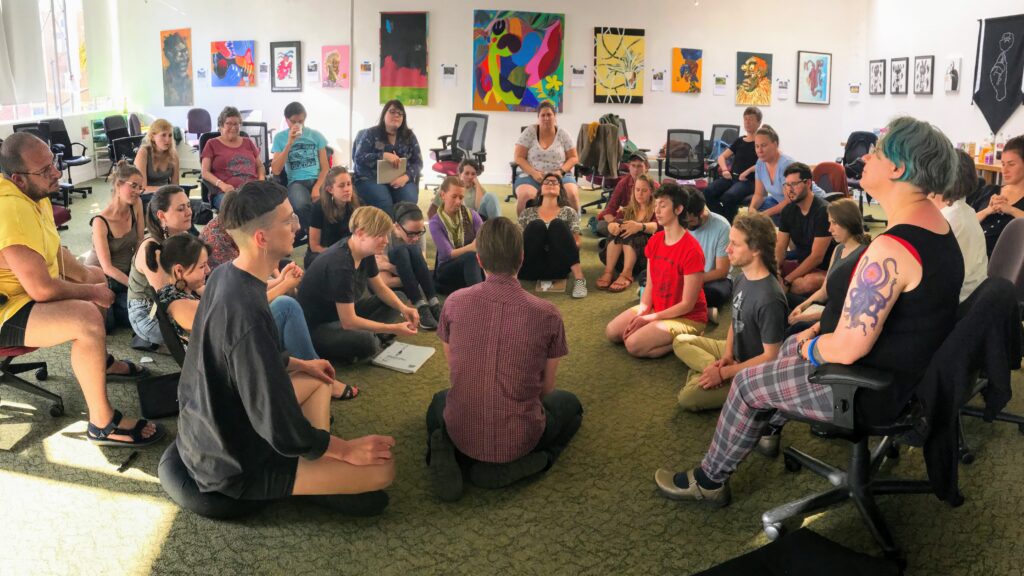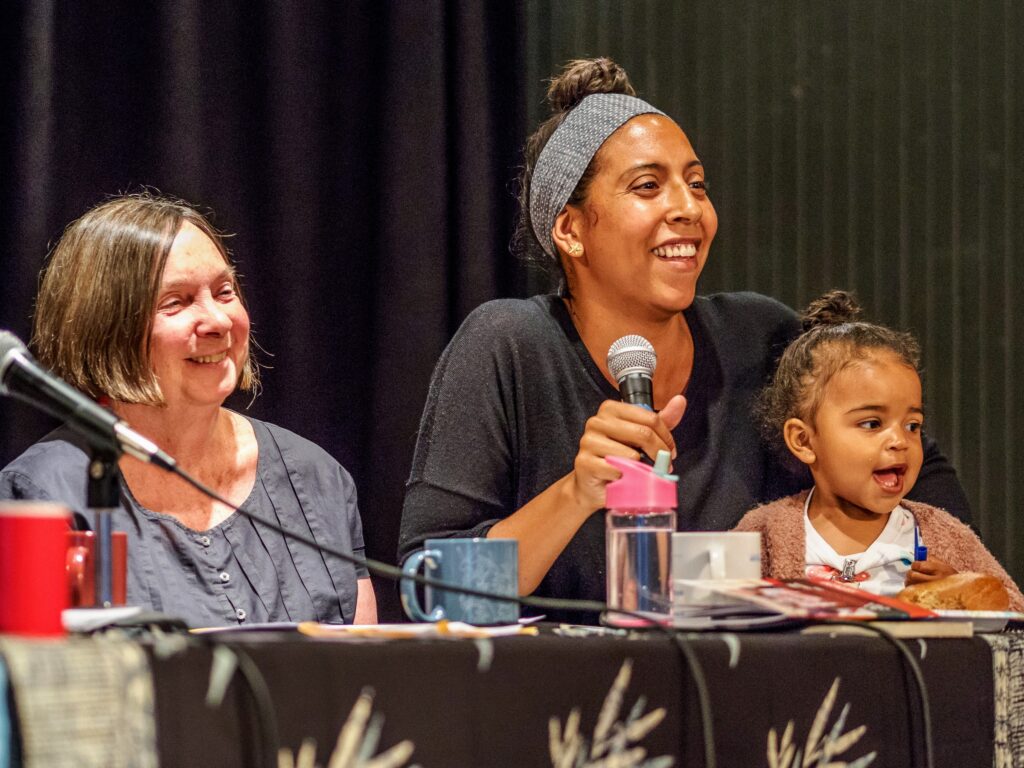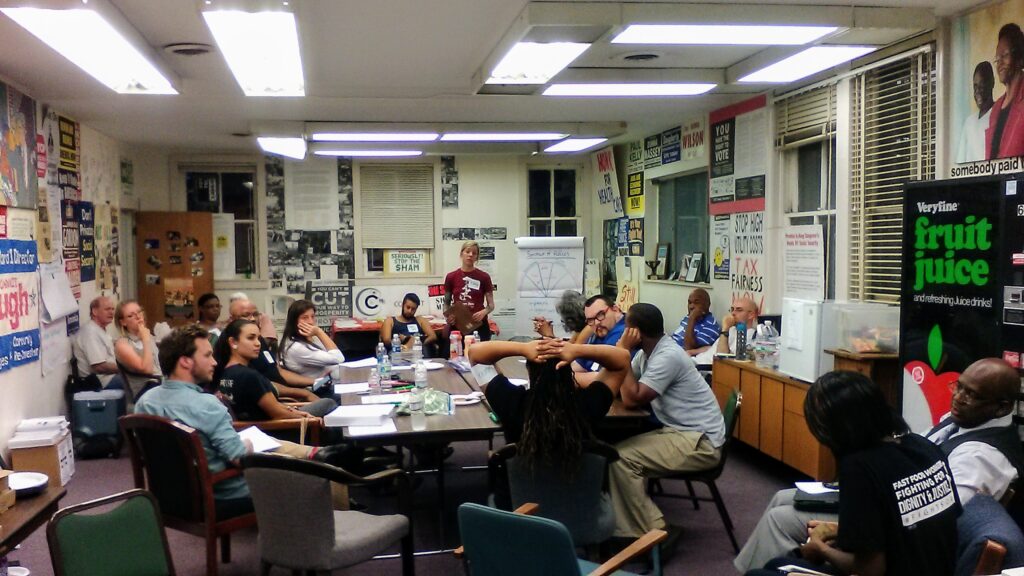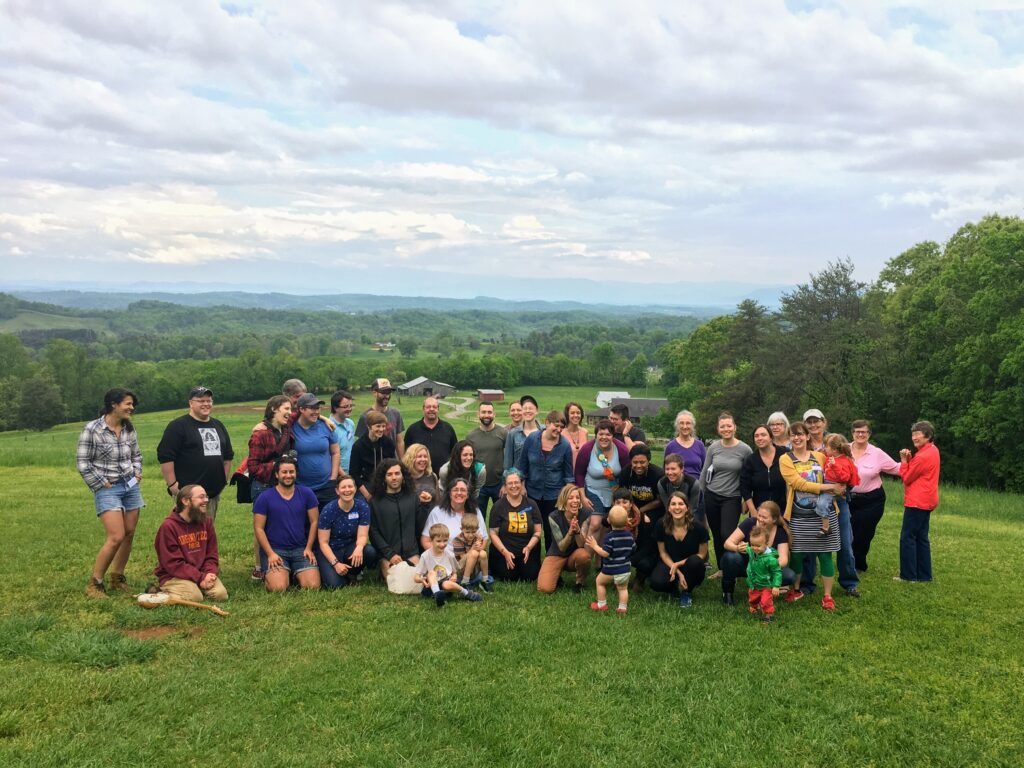
Many Catalyst members have worked on electoral projects and campaigns in the past. However, electoral politics have not been largely front and center for us as organizers or for Catalyst Project as an organization. Our faith was, and still is, in the power of organized social movements of the left.
Like a lot of people, we held back from fully engaging in 2016, for many reasons. We underestimated the depth and breadth of white nationalist sentiment and how it would show up at the ballot box; we had a deep distrust of the Democratic Party (full disclosure, we still have that distrust); we feared that urging people to vote for a mainstream candidate would only give legitimacy to corporate Dems who also start wars, imprison Black people, and deport immigrants. We want to overturn this system, not put a bandaid on a bullet wound.
The shock of the 2016 elections—the unrestrained white supremacy and misogyny that came to power and the role that white voters played—forced us to re-evaluate the times we are in, what we’re up against, and what our responsibilities are.
In that context, within Catalyst, and in discussion with organizers from across the country who challenged us, we had intense discussions and struggle about what is needed in this period. And this is where we arrived:
- We can’t cede the electoral front to the right wing. The right has had a forty year plan to take power, they’ve consolidated that, and we have too much to lose by not fighting back on the policy and electoral terrain.
- Electoral work is an important element of the left ecosystem, one of many tools we have to build grassroots power. Our ideas of electoral work include policy campaigns, voter education and mobilization for specific candidates as well as working against voter suppression and disenfranchisement, gerrymandering, the undemocratic electoral college, etc.
- The white vote in this country is one of the biggest obstacles to progressive electoral and legislative wins. In many places, organizing white people to get behind a racial justice agenda can mean the difference between a left candidate and an outright racist.
- We need a culture shift that breaks the binary of “people who are too left to touch electoral politics”-vs-“sellout to the spineless Democratic Party.” We have to stop trash-talking about each other’s choices about how to relate to elections.
- Electoral wins can give breathing space to our movements – we’ve been hit incredibly hard by the right, and we need to build our movements, broaden our base. We see how progressive elected officials have made a difference and opened up political space for social movements to grow.
- We engage in this work now in the hope that fewer people will suffer, not in the belief that any one candidate in office will eliminate that suffering, or bring us anywhere close to the world we really want.
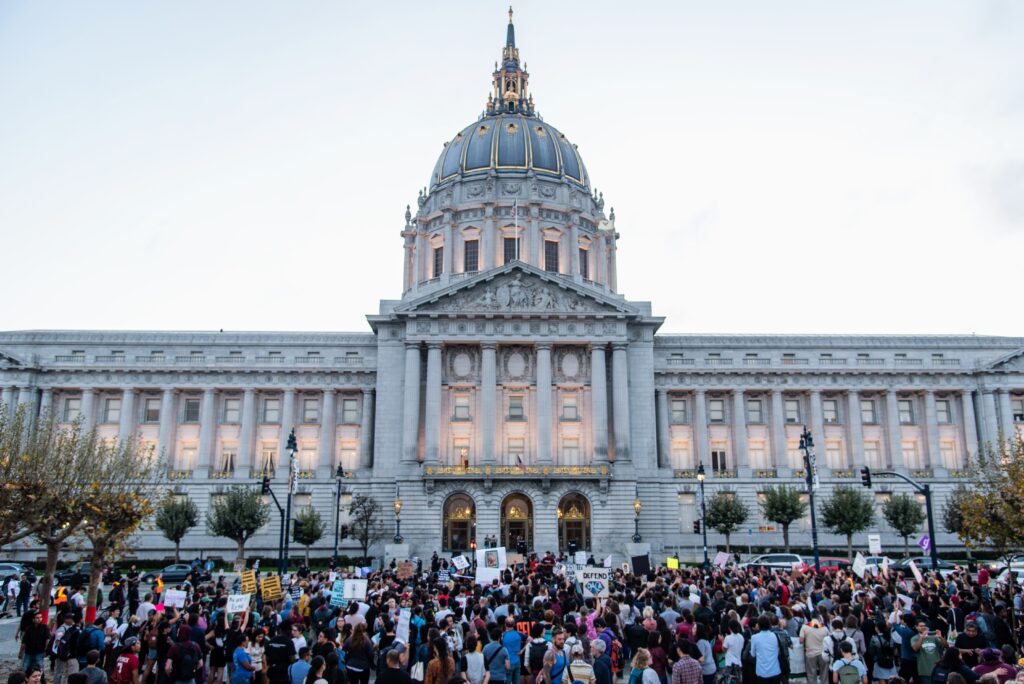
While we have come to recognize the importance of electoral organizing, that does not mean that we are giving up any ground on our commitments to collective liberation, commitments that were largely forged outside of the electoral arena.
Our politics have been shaped by movements for self-determination including the Black liberation movement, the Indigenous sovereignty movement, the Puerto Rican independence movement, the Palestinian liberation movement, the queer liberation movement, women of color feminism, and more.
Electoral wins must not become our political horizon; we cannot afford to shrink our long-term vision of a deeply transformed society. And that requires building powerful left movements led by working class communities of color. Progressive electoral wins in 2020 give us more time, space, and capacity to fight for that long-term vision.
